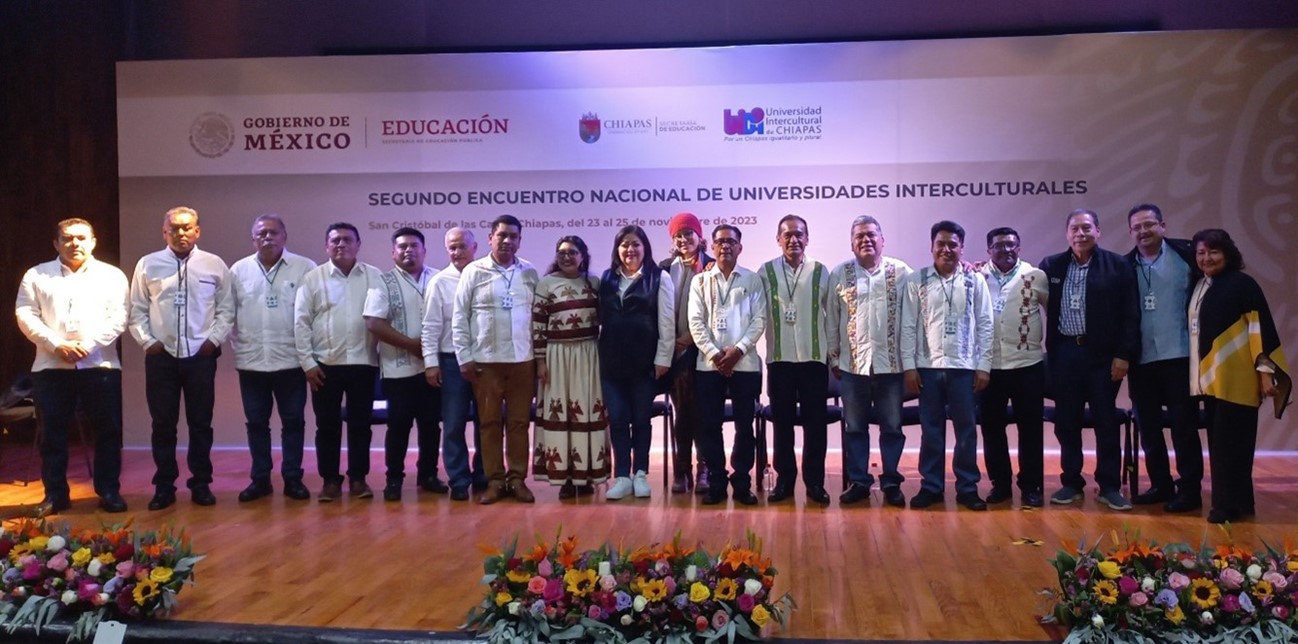INDIGENOUS HIGHER EDUCATION IN THE 21ST CENTURY:
APPROACHES BETWEEN MEXICO AND BRAZIL
DOI:
https://doi.org/10.22478/ufpb.2447-9837.2023.n15.68918Abstract
Indigenous higher education implemented in the 21st century established a new model of education based on the principle of interculturality, generating numerous studies that brought light to this new field of knowledge. This article aims to identify similarities and discrepancies in the experiences of two countries: whether in Mexico with the creation of indigenous intercultural universities, or in Brazil with the creation of indigenous intercultural degrees, both the result of State actions in response to major social mobilizations. The empirical results of several of these experiences were analyzed here through bibliographical research and some interviews with administrators, which allowed the formation of a mosaic of views on these universities and degrees to analyze the experiences in both countries. The study concluded that interculturality, used as the axis of this education model, revealed advancements and resistances, as it is a complex process that requires accurate observation of this new institutional field of dispute between scientific and indigenous ancestral knowledge, which sometimes confront each other, and other times get closer. Some experience reports, especially those based on the vision of indigenous students, revealed the persistence of behaviors that hinder the decolonization of knowledge and constitute obstacles to the implementation of interculturality.
KEYWORDS: Interculturality. Indigenous Higher Education. Intercultural Universities. Intercultural Degrees.
IMAGE: Second National Meeting of Intercultural Universities (Mexico, 2023). Author: Paula Bizzi Junqueira.
Downloads

Downloads
Published
Issue
Section
License
- Autores mantém os direitos autorais e concedem à revista o direito de primeira publicação, com o trabalho simultaneamente licenciado sob a Licença Creative Commons Attribution que permite o compartilhamento do trabalho com reconhecimento da autoria e publicação inicial nesta revista.
- Autores têm autorização para assumir contratos adicionais separadamente, para distribuição não-exclusiva da versão do trabalho publicada nesta revista (ex.: publicar em repositório institucional ou como capítulo de livro), com reconhecimento de autoria e publicação inicial nesta revista.
- Autores têm permissão e são estimulados a publicar e distribuir seu trabalho online (ex.: em repositórios institucionais ou na sua página pessoal) a qualquer ponto antes ou durante o processo editorial, já que isso pode gerar alterações produtivas, bem como aumentar o impacto e a citação do trabalho publicado (Veja O Efeito do Acesso Livre).


